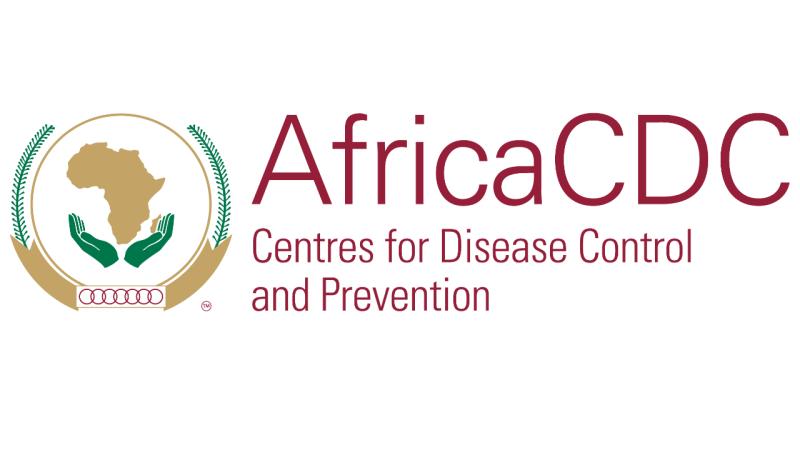By Iyemah David
The Africa Centres for Disease Control and Prevention (Africa CDC), has said that the continent is facing an alarming convergence of public health crises, with outbreaks of Mpox, cholera, and climate-related emergencies.
The centre said that the situation was destabilising health systems in multiple countries.
It also raised concern over the growing Mpox burden, highlighting Uganda, the Democratic Republic of Congo (DRC) and Burundi as epicentres of the continent’s Mpox crisis.
Dr Jean Kaseya, Director-General of Africa CDC, said this on Thursday, during the Weekly webinar media briefing.
He said that Uganda alone accounted for 50 per cent of Africa’s Mpox cases in the past six weeks.
According to him, in a single week, the country vaccinated over 20,000 persons, following the receipt of 100,000 Mpox vaccine doses.
Dr Kaseya, however, said that challenges persisted in active case search, contact tracing, and follow-up, especially within sexual networks driving the outbreak.
“We are amid multiple layered health emergencies. Uganda is battling a surging Mpox outbreak, while floods, cholera, and other epidemics are testing the limits of Africa’s preparedness,
“We must invest in resilient health systems, empower our National Public Health Institutes, and rethink how we finance health in Africa,” he said.
He said that there were 117,678 suspected and 26,927 confirmed Mpox cases continent-wide since 2024.
“Over one million doses of the Mpox MVA-BN vaccine have beenmobilised and shipped to 10 African countries. Testing gaps persist: fewer than 50 per cent of suspected cases are tested.
“A socio-behavioural study is underway to better understand the dynamics of Mpox transmission, especially in urban slums and semi-urban communities such as Mbarara City and Masaka City,” he said.
Beyond Mpox, Dr Kaseya said that cholera outbreaks had intensified in Angola, South Sudan, and other countries, driven by climate shocks like flooding and cross-border insecurity.
He said that Angola reported 10,949 cases and 408 deaths as of April.
“South Sudan recorded 18,624 cases and 397 deaths this year alone.
“In DRC, recent torrential rains submerged health centres, disrupted water supply and power, and displaced thousands.
“Africa CDC warned that climate-related hazards are rapidly escalating Africa’s vulnerability to infectious diseases,” he said.
The director general said that Africa CDC was implementing a new vision titled “Rethinking African Health Financing in a New Era” to address the multi-pronged crisis,
According to him, the vision is advocating for domestic health financing reforms, blended and innovative financing models, anti-corruption and impact-driven fund utilisation.”
“We are grateful for the solidarity of our partners in vaccine delivery, but this is not enough.
“We must act now to remove bottlenecks, strengthen laboratory networks, and decentralise testing and care. Africa’s health cannot wait,” he said.
As Africa looks ahead, the emphasis is on emergency response and building resilient, self-reliant systems that can withstand future pandemics, climate disasters and economic shocks.
The WHO had declared Mpox as a global public health emergency in August 2024, for the second consecutive year, following the spread of a new variant from the DRC to neighbouring countries.
Mpox, a viral infection transmitted through close contact, caused over 59,000 reported cases and 1,164 deaths across 20 African countries in 2024.




